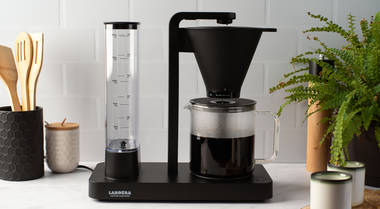The Best Specialty Coffee Beans
January 17, 2024

How Are Beans Certified As Specialty Coffee?
Like other goods that receive quality grades, specialty coffee is judged on a point scale. Known as a coffee’s Q Score, this quality grade ranges between 1 to 100, with any beans scoring above 80 points considered to be specialty coffee. There are currently two organizations certified to give Q Scores: the Speciality Coffee Association (SCA) and the Coffee Quality Institute (CQI).Unlike us, the consumers, who judge a roasted coffee’s flavor profile, certified coffee tasters in these two organizations label specialty coffee before its roasted. Green coffee, or unroasted coffee beans, are graded through visual inspections and cupping. Specialty coffees must have minimal defects, including sour beans, moldy beans, black beans (from immature or dead cherries), and shattered pieces. A batch of coffee with these types of defects is automatically disqualified from being labeled a “specialty coffee.”
Cupping refers to tasting small batches of coffee for quality. In this grading process, green coffee beans are ground and brewed on the spot with hot water (185-205ºF) and allowed to bloom for 3-5 minutes. During this time frame, the coffee’s natural flavors will be extracted, and the brew will be allowed to sufficiently cool off. Coffee tasters then score the coffee’s body, aroma, flavor, and acidity.
Once the unroasted coffee beans are certified and graded, they are packaged as premium beans and distributed to coffee traders or roasters.

The Experts Behind Speciality Coffee
Both the SCA and CQI are nonprofits dedicated to promoting transparency, sustainability, equity, and quality across all aspects of the coffee industry. These organizations are involved in the entire coffee supply chain, from harvest to roasting, and work with producers across the globe.Speciality Coffee Begins With The Harvest
Specialty coffee is grown across the world, with most coffee markets dedicating a small portion of their exports to these premium roasts. Farmers spend years, often generations, perfecting and finetuning their coffee harvest to yield the best results possible. This means prioritizing quality over quantity. Farmers will factor in altitude, climate, and soil quality when producing specialty coffees, since these details ultimately affect the beans' flavor. Farmers must also inspect their harvest for defects and know when to pick the coffee fruits at peak ripeness.Once the specialty coffee beans are inspected and harvested by farmers, the premium beans are sent to tasters certified by the SCA and CQI for grading. Not only do these expert tasters certify the quality of harvest, but they relay useful information about the coffee to buyers.
These certified beans are next sent to expert rosters who are masters of transforming green coffee into high-quality roasts. Many roasters have certifications from the SCA, which ensures that they’ve undergone hours of hands-on training for crafting specialty coffee. This entails carefully monitoring the roasting process, and controlling heat to preserve (and enhance) the beans’ nuanced flavor profiles.
By the time the roasted premium beans reach retail spaces like cafés, they've already been handled and inspected by numerous professionals. It's now the baristas' turn to extract the flavors from the specialty coffee into your cup. Like coffee roasters, baristas can also get a certification from the SCA that ensures they know how to get the most out of premium beans. Besides knowing how to use various types of brewing equipment, certified baristas are well-informed on the coffee beans' flavor notes and origins and can taste whether or not the coffee's full body is present in the final extraction.

Lardera’s Commitment to Quality
Lardera works closely with a growing number of coffee producers across the globe, each committed to producing single-origin, hand-picked, and high-quality beans. And like the specialty coffee brands available on today's shelves, Lardera carefully inspects each batch for freshness, unique flavor, and value. Some of Lardera's roasts, however, receive a specialty coffee certification.Lardera's Geisha coffees, both washed and honey variations, are considered specialty coffees. These two roasts are produced on a micro lot nestled in the Colombian Andes, where the nutrient-rich volcanic soil and ideal growing conditions produce a deliciously nuanced coffee. After being carefully picked and harvested, the Geisha beans undergo a mix of anaerobic and aerobic fermentation processes to preserve their natural flavors and sugars. The final result is a wide array of bold flavors shining through, such as sweet caramel, tropical fruit, chocolate, and brown sugar.
